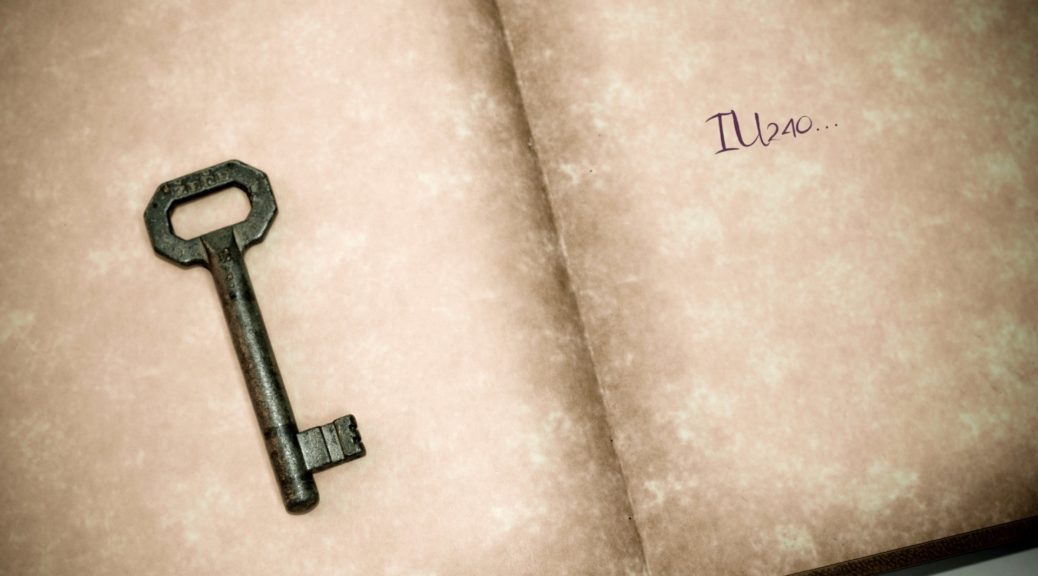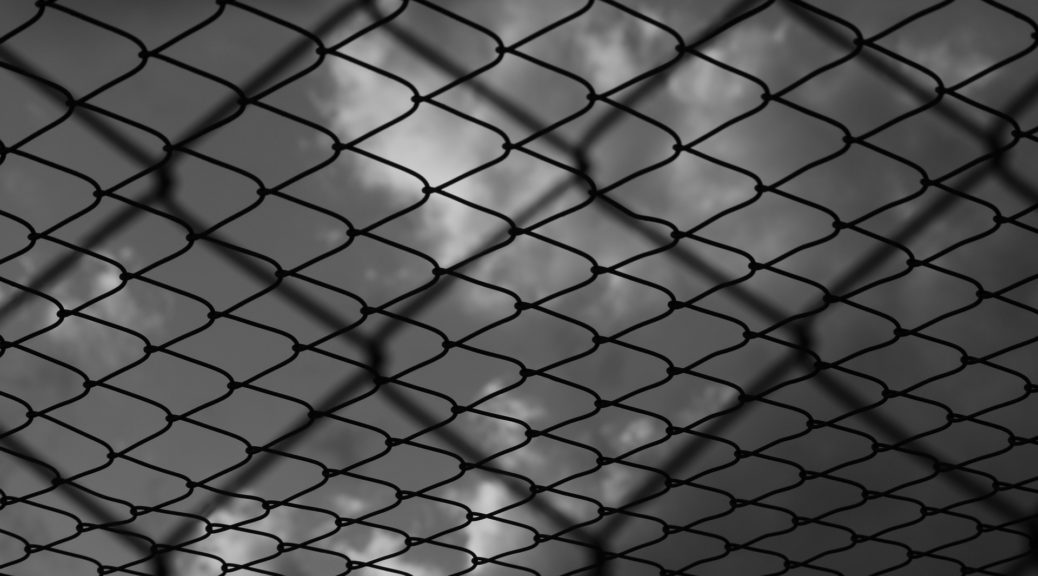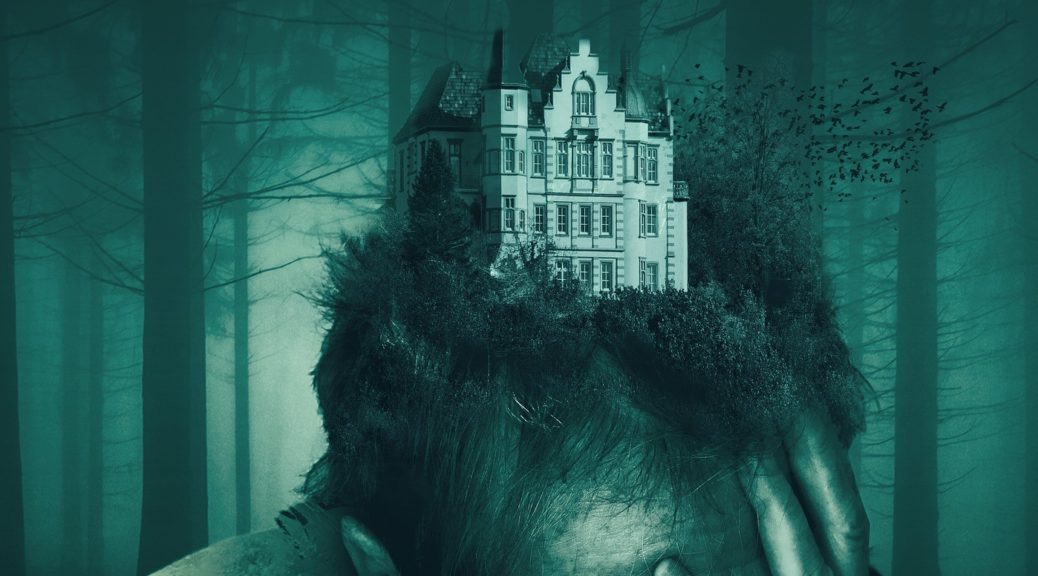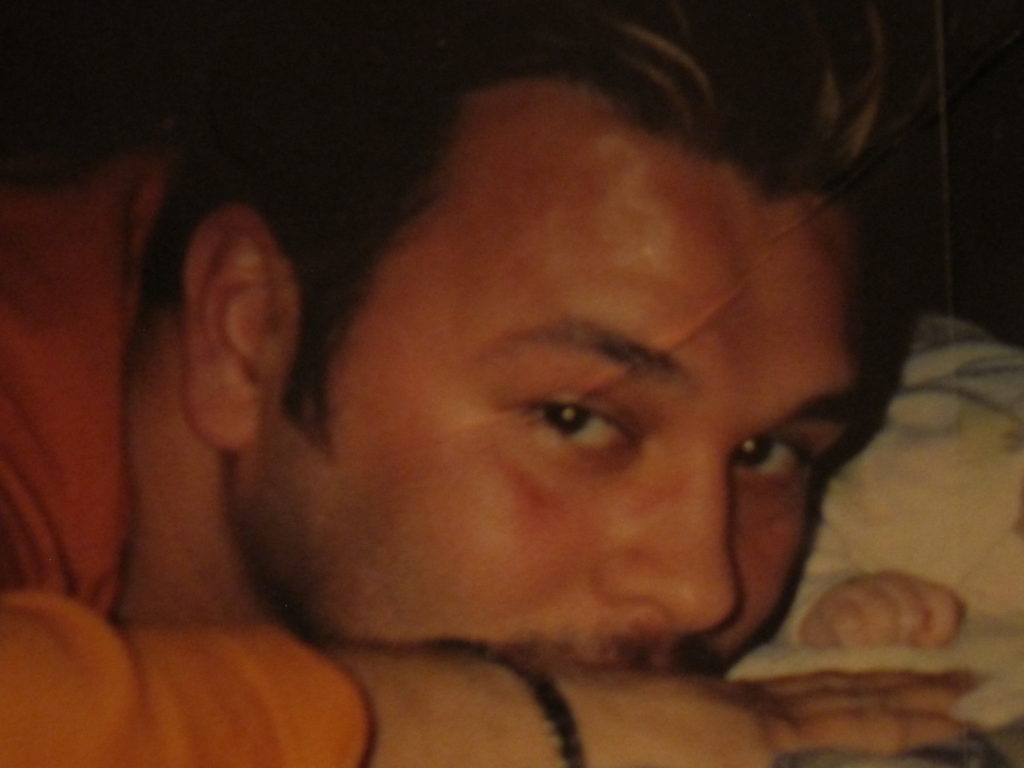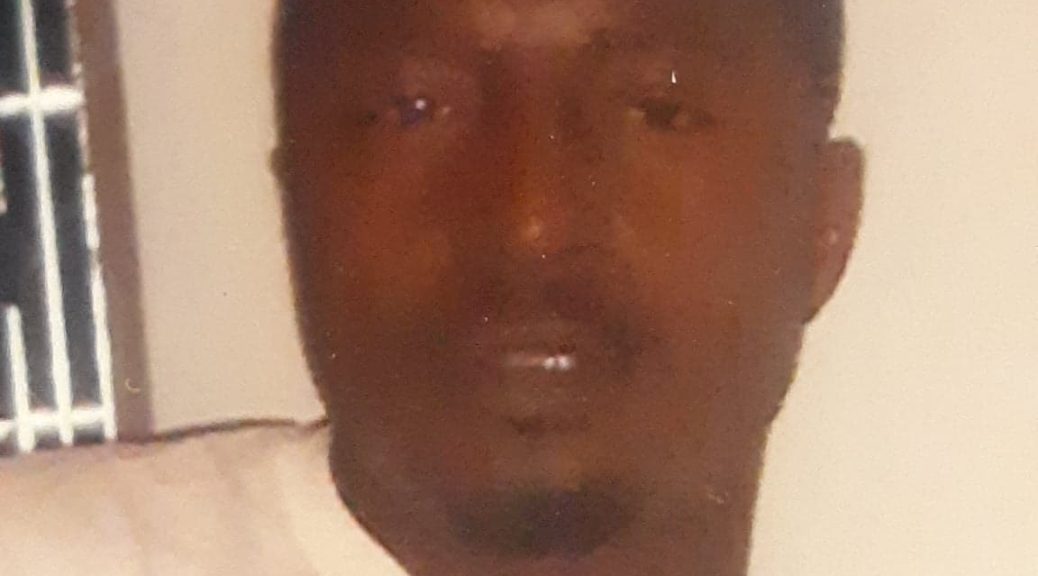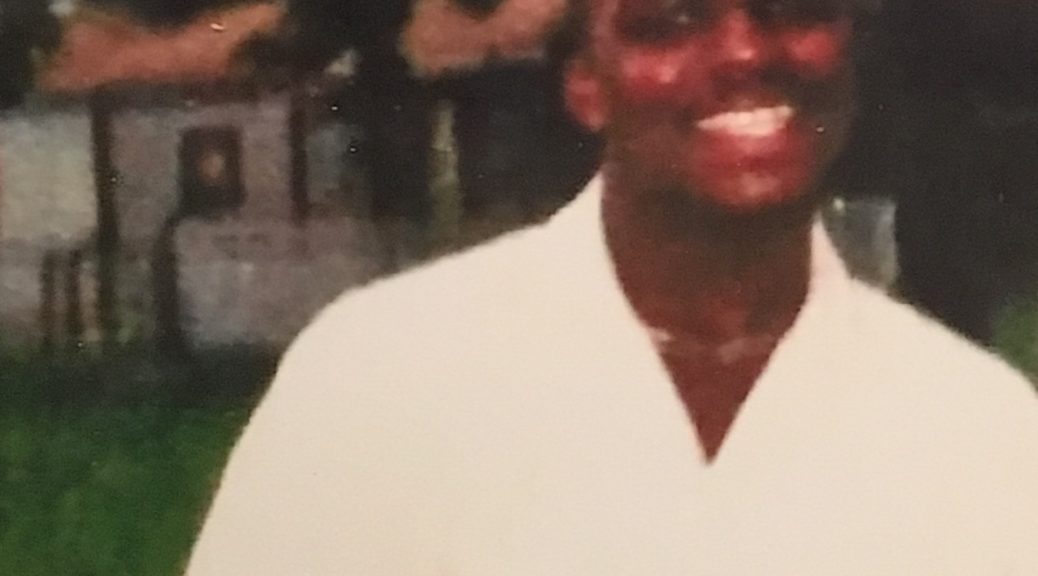A boundless void, daunting and ever present, a place where even the pleasure of a night’s dream is wrecked by the reality of the waking day – that’s where I live. It’s a domain that spans a mere 6×10 feet, made of menacing concrete and steel, and offers the barest resources within an atmosphere that effects only sorrow. That’s life on Death Row, rankled daily by restrictions… told what to do, how to dress and when and where to go with little choice but to comply, dutifully denied the simplest liberties many folks take for granted and yet the real punishment seldom comes by day, rearing its head most often at night.
IU240 are the numbers of my prison cell, a crypt of sorts, where memories are elicited and misery reserved. With twenty years of digital sequences like IU240 to mark my identity, I am a nameless statistic with nothing left in the world to call my own. The days here are but a tireless effort to distract from Death Row – tabletops, TV, books and gossip, anything to cope with the pain. Yet ‘Lock Down’ call begins an agony anew, one from which there are no delusions or escape.
IU24O, a paltry wasteland of fussy dust mites that gather in hard to reach places. Lonely, except for the crowd of tender thoughts that threaten to devour my complacency. “Stand clear!” the warning blares as the mechanical gears churn and the vaulted door slams shut while I struggle to regard IU240 as a sanctuary rather than something worse than death.
The nights number 7300 that I’ve spent in isolation. My voice yearns for companionship, but the solitude is stifling, the air bland and smells nothing of freedom, more of apathy. As the brightness in the room plummets, I cling to a reason to steady the light within. I am afraid in the dark I may lose my way. Trivial items that lie dormant by day are now crawling reminders of the oppression, making rest and peace of mind laborious and evasive.
There is a column of tissue rolls stacked in the corner that serves as a coffee table and a desk constructed from Maruchan soup boxes and shoddy adhesive. Bed sheets suspended from paper clips along the walls are all there is for privacy, yet in a world of trash where there is hardly treasure, one must improvise. There’s a stainless steel mirror that erredly reflects the stains of my past transgressions, a toilet that ticks tauntingly and faucet water that tastes like lead. The concrete and steel with an eerie affinity to that of the blood and spirit of the many who have perished already and those who await their fate.
It is likely I will die in prison, a truth that is written on the age lines of my face. Already twenty years of my life’s essence etched into the fabric of these walls, and yet, IU240 isn’t some infamous badland where hope doesn’t exist. It doesn’t stand in the way of accepting responsibility and the effort to amend wrongs.
On the contrary, it’s a place where accountability offers temperance and renewal… a place where I have emerged from chaos a better person than when I arrived.
ABOUT THE AUTHOR: Terry Robinson writes under the pen name ‘Chanton’, and this year he has seen the release of Crimson Letters, Voices From Death Row, in which he was a contributor. He continues to work on his memoirs, as well as a book of fiction. Terry Robinson has always maintained his innocence, and hopes to one day prove that and walk free. Mr. Robinson can be contacted at:
Terry Robinson #0349019
Central Prison
4285 Mail Service Center
Raleigh, NC 27699-4285
NOTE TO READER. Please contact me at kimberleycarter@verizon.net if you saw Terry Robinson at any time of the day or night on May 16, 1999 – or his accusers, who claimed Robinson was with them for most of the day. Thank you to those who have come forward already. It is not easy for someone falsely accused to ever leave death row – no detail is too small. What may seem irrelevant – is often the most helpful.
Details of this case will be shared at https://walkinthoseshoes.com/category/terry-robinson/
![]()
